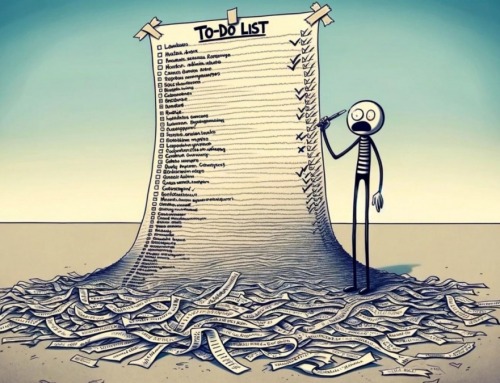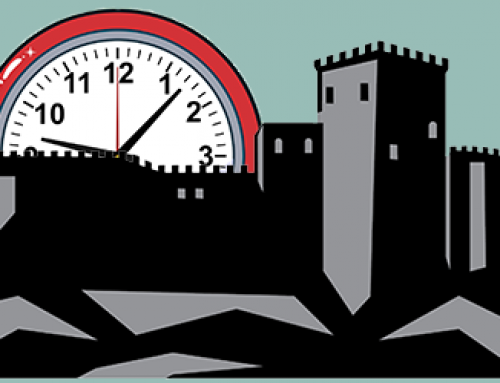| Everyday interruptions at work can be a key barrier to managing your time effectively and, ultimately, can be a barrier to your success.
Because your day only has so many hours in it, a handful of small interruptions can rob you of the time you need to achieve your goals and be successful in your work and life. |
|
| More than this, interruptions can break your focus, meaning that you have to spend time re-engaging with the thought processes needed to successfully complete complex work. | |
Plan for interruptionsIf you work with other human beings, chances are pretty high that you’re going to experience interruptions on a fairly regular basis. That’s just how it goes. It’s not that people want to disrespect your time and throw off your carefully planned day; but some interruptions are important and simply unavoidable. There will be times when your assistance, knowledge, or presence will be required unexpectedly. |
|
Take controlNo one is going to protect your time for you. It’s your responsibility. Take matters into your own hands and create a system that works for you. Turn off your instant messenger. Set your phone to go straight to voicemail. There’s no reason you should have to be at the mercy of everyone else. Just be sure that you’re checking in regularly and getting back to people within a reasonable amount of time. |
|
| Don’t be afraid to use some kind of “do not disturb” sign to help deter in-person visitors too. If you really need to focus your attention on a project, what’s wrong with providing a signal to others?
The key to making this work is that you also need to have “open office hours”—specific times when you make yourself available for drop ins. You can’t keep the “do not disturb” sign up all day long! Communicate your new system to others in the office and you’ll be surprised how many people respect the rules. This kind of thing often catches on; when one person starts it, others quickly implement a similar system for themselves. |
|
Use time blockingTime blocking is building a barricade around a specific task and not allowing other tasks or activities to interfere. Don’t let your cell phone distract you—put it away—and let coworkers know that you be checking email or your phone after you’ve completed your block of time. |
|
Have some go-to phrasesIt’s difficult to determine the priority level of an interruption, so it’s best to find out early enough in the conversation so that adjustments can be made quickly and graciously. Have a phrase or question that you always use to start (and end) a conversation when you’re too busy to talk—a simple, nonthreatening query designed to get to the point of the interruption quickly and appropriately, so you can take the necessary action. For example, when you see someone coming toward you, say:
When a person interrupts you, they seldom begin by telling you what type of interruption they are. In essence you’re transferring ownership of the conversation over to the interruption person. |
|
Refocusing after an interruptionOf course, while you can minimize interruptions, you can’t always avoid them altogether, particularly when a time-sensitive issue arises. When the inevitable occurs, here’s how to quickly get back on track. If you’re brainstorming If you’re writing If you can’t refocus Unfortunately, interruptions happen, so it’s how you deal with them that matters. Be proactive and have some smart strategies to get back on track, and you’ll be more productive (not to mention nicer to your colleagues). |
|
| | |






